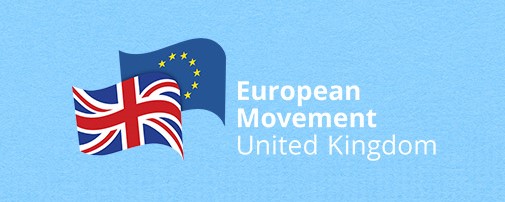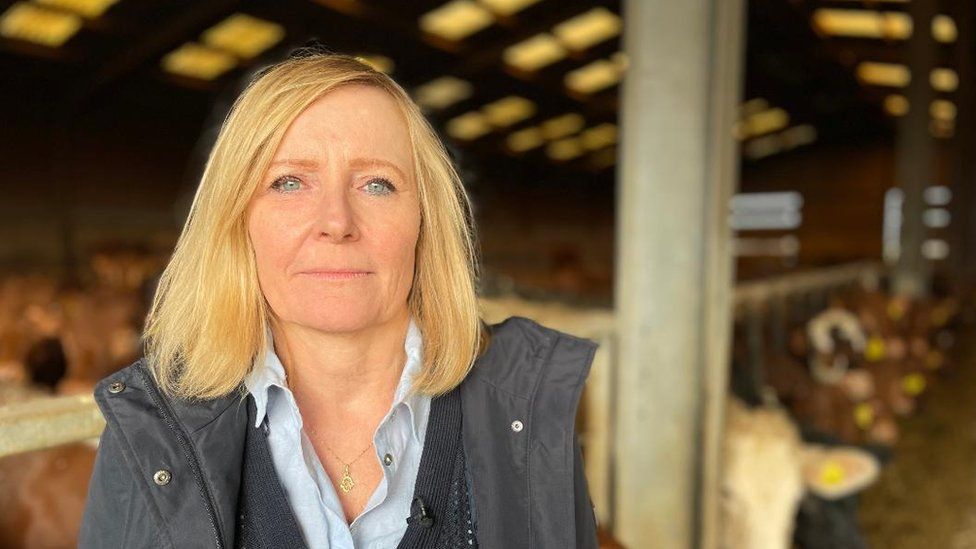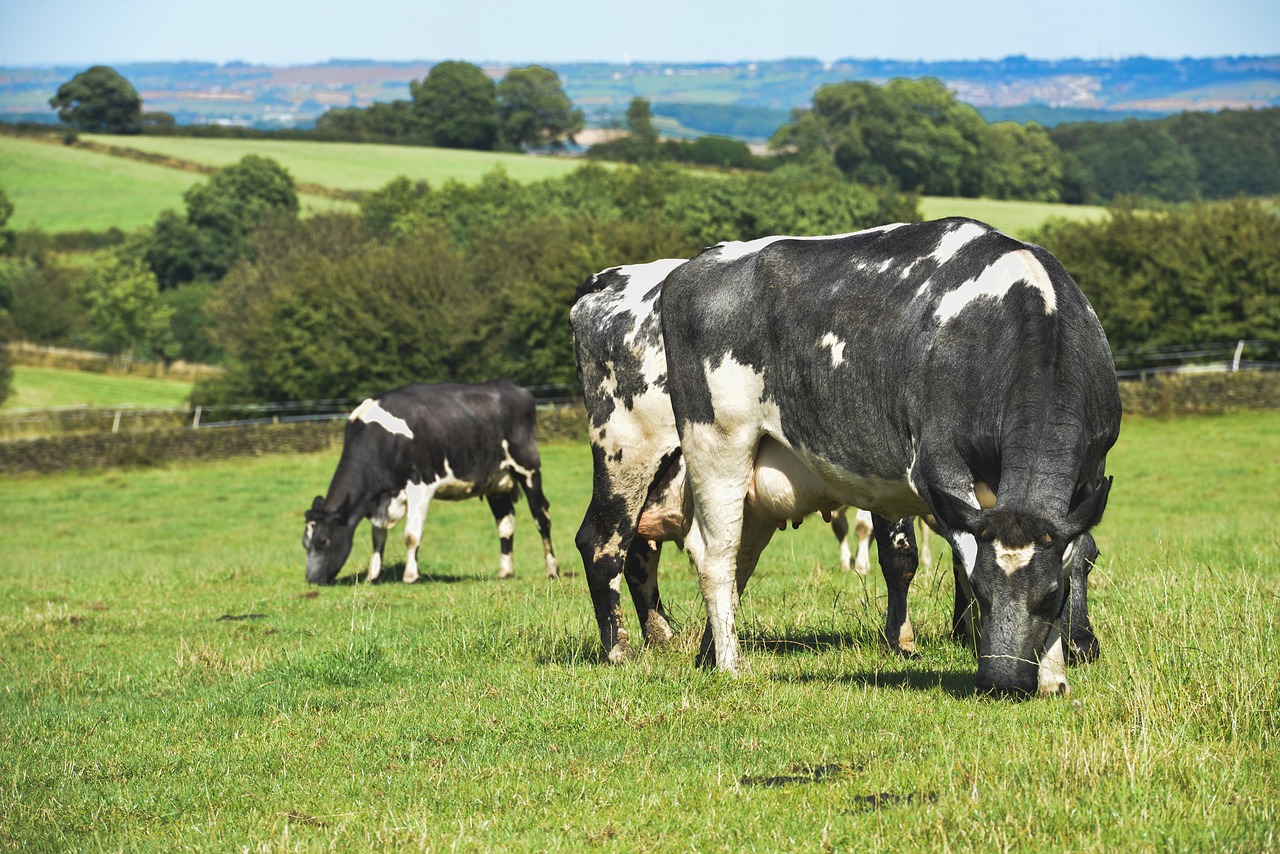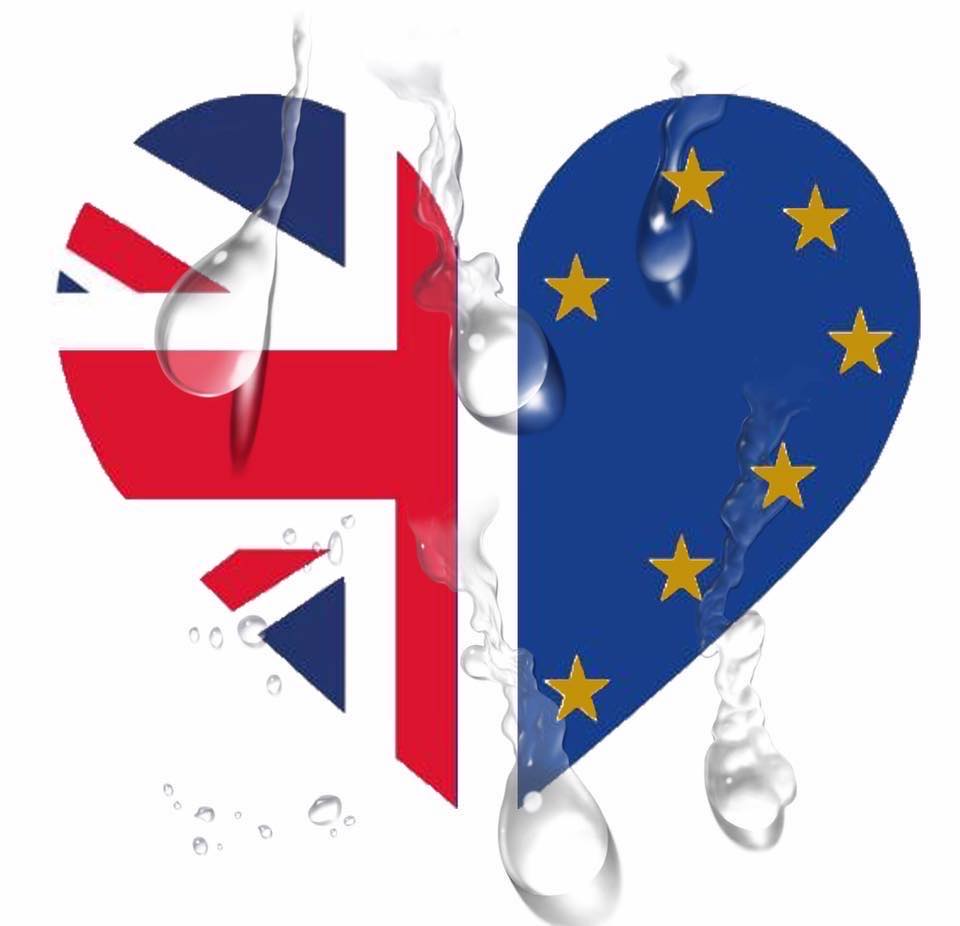
Bremainers Ask… David Henig
A leading UK authority on international trade policy, David Henig is Director of the UK Trade Policy Project at the European Centre for International Political Economy (ECIPE), where he examines the economic and trade implications of Brexit and broader UK policy. He writes regularly for Borderlex, serves as an Expert Adviser to the House of Lords International Agreements Committee and advised the former UK Trade and Business Commission.
Until March 2018 David was a trade specialist in the UK Government, including 3 years on TTIP talks, establishing the Department for International Trade after 2016 and coordinating work on major international bodies such as the OECD and G7.

David Eldridge: What should be the top priorities for the new government?
Behaving like a normal, competent government would be a good start across a lot of policy areas. Listening to a broad range of experts rather than just those sharing a narrow ideology would be an improvement. There are so many interlinked issues of public services and the economy that need fixing, and upping the rate of growth is so important to tackling them. Regulatory stability would be a great place to start: rather than creating uncertainty in goods, at least we should link to the EU. This would provide an incentive for investment. Removing barriers to trade in the neighbourhood is complementary to this. Then there are the sensitive domestic issues directly linked to growth, of which overseas students is the largest – we really should be taking advantage of being an attractive place to study, not complaining that people want to come to the UK.
Steven Wilson: How sustainable is the prospective new Labour government’s attitude towards Brexit?
In the first instance, seeking small steps towards improving the EU relationship isn’t just sustainable, it is essential. Our negotiating legacy since 2016 is toxic in Brussels, and there is a need to build trust that the UK will actually negotiate in good faith and keep commitments. Within Labour’s red lines of not rejoining the single market or customs union there is more that can be done beyond the manifesto commitments of a Sanitary and Phytosanitary (SPS) deal, professional qualification recognition (actually very hard to achieve), and help for touring artists. Joining the pan-Euro-Med convention on rules of origin will help supply chain participation, and the EU wants a youth mobility scheme. A security agreement seems very likely. There’s more to be done on energy. Start to put all this in place first, and then I think there will then be a conversation on whether that is sufficient, or we need to revisit red lines or the referendum. I don’t think there is a way to short-cut this process.
Anon: Without rejoining the single market, does Labour have any hope of turning around the UK economy?
All countries have domestic policy choices that affect their trade and therefore economic performance, and the UK deciding to put up barriers to nearby markets is a handicap, but it doesn’t necessarily have to be fatal for economic performance. For example, there are sectors that are less affected, such as financial services, education or defence, and large companies are able to overcome barriers more easily. There is a scenario where we focus more on these to limit the economic damage, but of course there are also issues with these areas. We could also promise investors a level of stability while staying outside the single market, such as on regulation, and combine this with being generally more open to outsiders and neighbours and striking as many deals as we can across Europe. However, in general we are certainly making all of this harder for ourselves by giving our companies higher barriers to overcome than their counterparts in other countries.
Ruth Woodhouse: In terms of trade deals, to what extent do you believe Keir Starmer will, or should, give greater priority to negotiations with the EU than with the rest of the world?
Thanks to replicating trade deals that we were a party to as EU members, we have good coverage around the world. The priority therefore has to be to improve what we have in our own neighbourhood, not just with the EU but also Switzerland and Turkey, where we have active negotiations. By and large Free Trade Agreements alone do not significantly shift the economic dial, as they mostly benefit large commodity exporters facing high tariffs, which isn’t where our trade specialisms lie. What we should be looking for is deeper arrangements such as regulatory alignment and mutual recognition, plus whatever we can on services, and this is more likely with others in Europe. We should also stop fixating on a US trade deal, even before they were withdrawing from trade, they did not tend to give other countries many advantages.
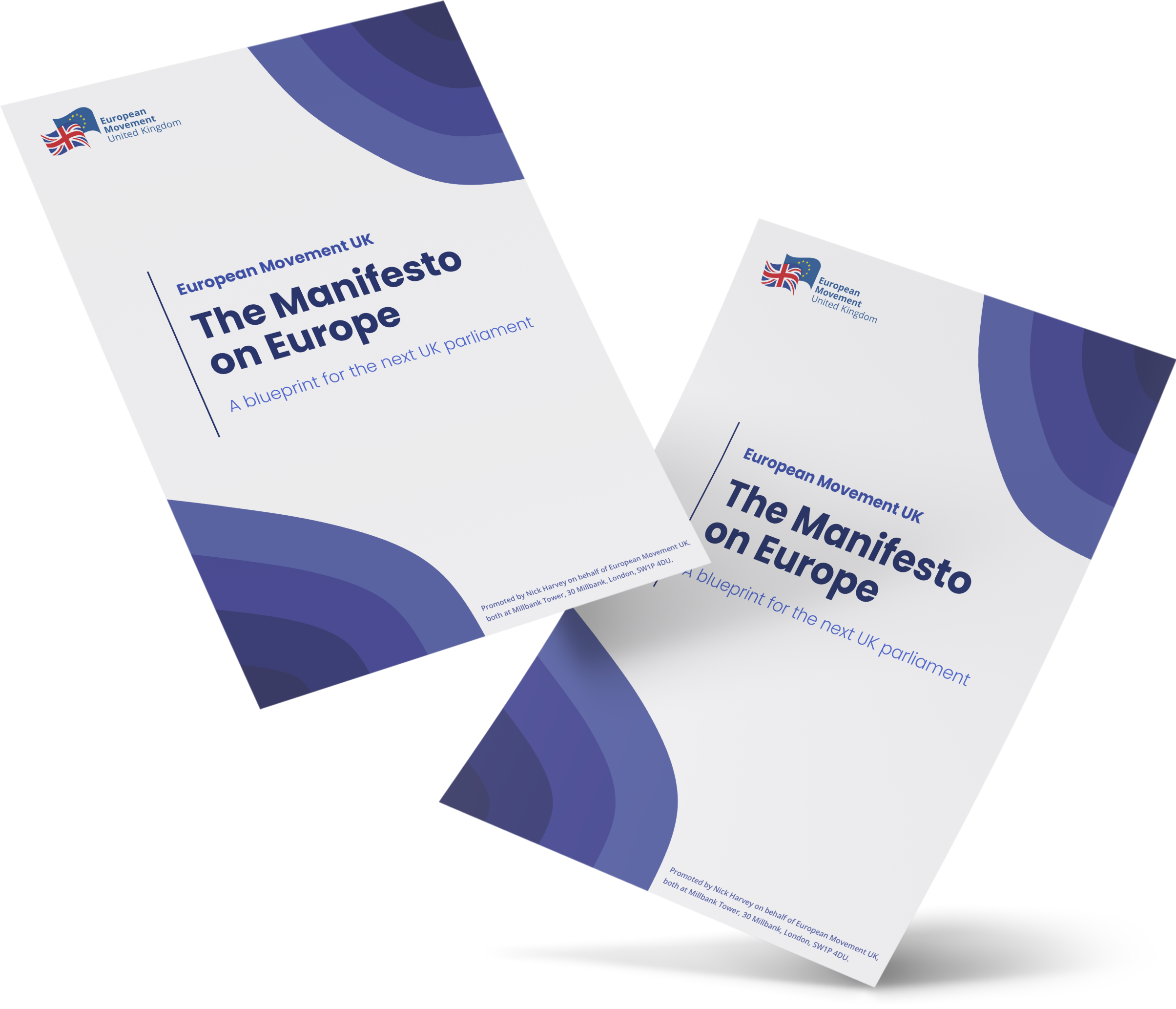
Lisa Burton: European Movement’s newly released ‘Manifesto on Europe’ asks the government to implement a detailed assessment of the impact of Brexit. What did you think of the document overall?
With the exception of the commitment on a detailed assessment of Brexit, which I don’t think is best carried out by government, other suggestions in the Manifesto seem broadly sensible and consistent with the general idea of improving relations as the obvious next step. Membership of regulatory agencies is a particularly sensible step, and builds upon the success of the UK remaining within the European standardisation community, an unheralded but really significant achievement for the British Standards Institution (BSI) which required extensive work with the UK government and various EU bodies at a time when relations were not good. I think such bodies will have to decide in the next few years whether to push outright for rejoining the EU, or to seek either a Customs Union or single market as a ‘halfway house’. I think there are drawbacks with all options but, until that debate can be had, then Brexit will continue to be something of a hidden subject.
Matt Burton: How far could regulatory alignment with the EU go in reducing trade friction at the borders?
By itself, regulatory alignment does not reduce trade friction at borders, though it has an immediate benefit in that companies trading between the UK and EU do not have to meet two sets of regulations. Committing to similar regulations does open up the possibility of reduced or eliminated barriers subject to negotiations on mutual recognition agreements, which for food and drink products, which are always subject to the greatest level of inspections, could be significant. There isn’t a standardised form of such agreement, and hence it is hard to say exactly what may be included, but in general it should at least be possible to remove some frictions. This isn’t, however, an automatic process, and to even start such a negotiation there needs to be trust that both sides are committed. In general, industrial goods are subject to fewer checks than agricultural ones, but reducing barriers will still be helpful.


